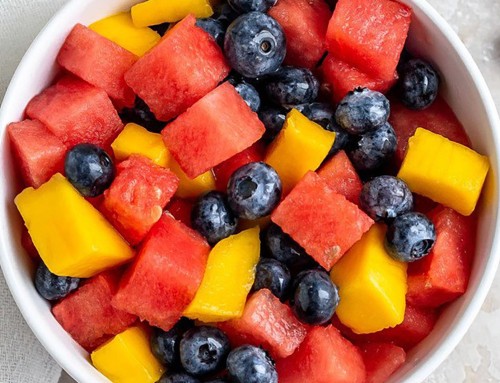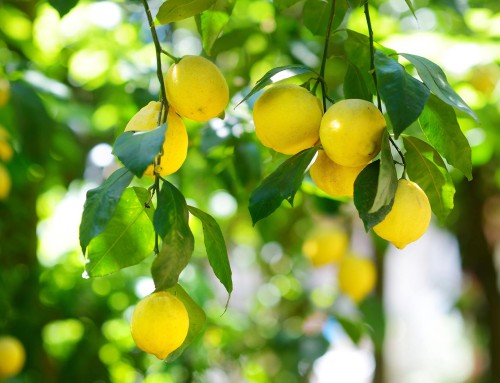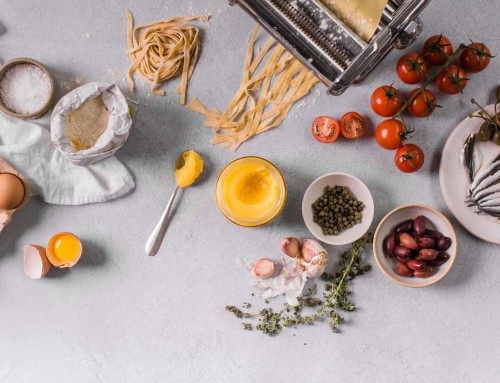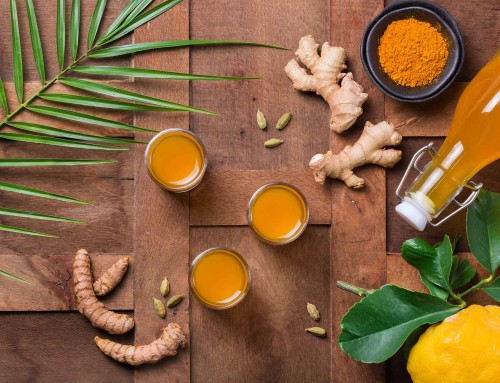Ayurveda sees every woman as having inherent creative and nurturing abilities and these abilities are particularly linked to her reproductive system. Ayurveda lays great emphasis on the health of a woman’s reproductive system and it offers a unique understanding of how to restore and maintain that health.
Ayurveda’s holistic approach
Whatever area of your body you consider, Ayurveda’s fundamental aim is to bring about the holistic integration of your body, mind and consciousness – where you are in tune with your own nature and with the world around you. To bring this holistic state about, every level of your being will need nourishment, love and inspiration. How this is brought about will depend on many factors, including your inherent nature, your emotional life, your diet, your lifestyle and as well as the present state of balance in your body.
So if you feel any lack of balance or integration you should ask yourself:
- What am I doing in my lifestyle and daily routine?
- What is happening with my relationships or job?
- What and how am I eating?
One or a combination of these factors may be contributing to some imbalances. However they are caused, Ayurveda describes such imbalances in terms of the relationship between three main factors: Vata, Pitta and Kapha Doshas – the moving, transforming, structuring elements of your body. Ayurveda also lays great emphasis on the importance of good digestion for good health.
Menstrual cycle and lifestyle
Before menopause, a woman who is totally in tune with nature will ovulate at full moon and have her menstruation at the new moon.
Her lifestyle should change to correspond with her changing body:
- At menstruation she should have at least one day of rest, eat light and easily digested foods and avoid hot baths.
- At ovulation it is time to enjoy all the good things in life, including lovely nutritious food, massage and of course intimate relationships with her husband.
Doshas that govern the menstrual cycle
- Kapha Dosha governed the initial phase of a woman’s menstrual cycle, as the ovum (egg) grows and matures and the lining of the womb begins to thicken.
- Pitta governs the second half of the cycle, after ovulation, as indicated by the slight increase of her body temperature at this time.
- Vata is responsible for the process of menstruation.
Which dosha needs attention as indicated by your menstrual experiences
| Balance VATA if: | Balance PITTA if: | Balance KAPHA if: |
| Scanty menstrual flow | Excess menstrual flow | Moderate menstrual flow |
| Dark red/brown blood | Heavy menstrualflow | Pale or light red blood |
| Menstrual cramps | Dark red or purple blood | Mucus in menses |
| Pricking pain | Bright red blood | Large clots menses |
| Moving pain | Clotting | Thick menses |
| Numbness | Longer than 5-7 day menses | Pale discharge |
| Pain radiating down into groin | Inter-menstrual spotting | Sensations of cold |
| Thighs and lower back ache | The period can come early | Feeling itchy |
| Short and less than 5-day period | Frequent periods | Mild to dull pain |
| Irregular cycle | Hot discharge | Heaviness |
| Long cycle | Unpleasant smelling discharge | Weight gain |
| Vaginal numbness | Sensations of heat | Water retention |
| Painful discharge | Flushing | Oedema |
| Stiffness | Fever | Nausea |
| Depression | skin rashes | Vomiting |
| Fatigue | Acne | Swollen breasts |
| Anxiety | Headaches on temples | Back ache |
| Mood swings | Migraines | Pale pallor |
| Insomnia | Photosensitivity | Feeling sentimental |
| Weakness | Acne | |
| Feeling cold | Skin rashes | |
| Vaginal dryness | Irritability | |
| Lower abdominal distension | Anger | |
| Constipation | Diarrhoea | |
| Gas | ||
| Headaches |
Keeping the doshas in balance
Ayurveda gives you insight into how to take control of your body and lead a balanced life. It allows you to detect signs of when the fundamental elements that control your body – Vata, Pitta and Kapha Doshas – are getting out of balance and specific foods, lifestyle changes, purification treatments, and herbal preparations, that can help you maintain a state of balance and health.
To balance Vata:
- Favour sweet, sour, salt and oily foods
- Reduce astringent, bitter, over-spicy, cold and dry foods
- Avoid drafts and keep warm, especially when it is cold, dry and windy
- Regular routine and sufficient sleep are very important when balancing Vata
- Give yourself daily oil massage
- Get to bed early (before 10pm)
- Take plenty of hot fluids
To balance Pitta:
- Favour sweet, bitter, astringent and oily foods
- Reduce over-spicy, sour, salty and dry foods
- Cooling foods and cool weather balances Pitta
- Avoid conflict
- Avoid exposing yourself to prolonged heat
- Do not skip meals
- Cool drinks are good, but avoid cold drinks
To balance Kapha:
- Favour pungent, bitter, astringent and light foods
- Reduce sweet, sour, salty, oily heavy and cold foods
- Take regular exercise
- Engage in active and varied leisure pursuits
- Have fun and meet new people
- Make sure to get up early and avoid daytime sleep
- Favour bright and strong colours
10 top tips for good menstrual health
- Daily practice of Transcendental Meditation enlivens the most fundamental aspect of your life – your own pure consciousness. The daily experience of this silent core of your own inner nature helps you to know yourself better. As you become more in tune with yourself, spontaneously you start to adopt a more natural diet, lifestyle and daily routine.
- Listen to your innate needs and intuitions: when you feel tired, rest; when you feel hungry, eat; when lethargic, exercise. Keep in touch with your natural rhythms.
- “Early to bed and early to rise…” is an old and very wise saying and is one thing that can quickly transform your health.
- Eat a healthy diet of organic freshly cooked foods. Avoid foods that disrupt a woman’s health – such as alcohol, coffee and polyunsaturated fats. Choose Vata or Pitta or Kapha reducing foods according to which Dosha you need to balance.
- Exercise according to your nature and strength. Exercise improves digestion and tissue metabolisms, it increases stamina and it helps to relieve stress.
- Give yourself a whole body oil massage daily. Generally sesame oil is best oil to use. Coming up to your period give special attention your lower abdomen, circling clockwise (as you are looking at your belly) from right to left.
- Ensure your emotional health by cultivating loving relationships.
- Take responsibility for your negative and angry thoughts and sort out negative patterns, with help if you need it. Your mind powerfully influences your reproductive hormones.
- Nourish yourself by taking time out with those you love. Enjoy being in nature, listen to music or be creative in other ways – art, crochet etc.
Herbs that help to nourish and strengthen a woman’s body include shatavari, aleo vera, ashwagandha, gokshura and musta. Important Maharishi Ayurveda herbals include Rasayana for Women and Triphala with rose. Menopause Support 1 and Menopause Support 2 are useful for older women.






